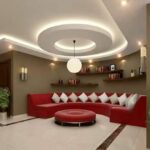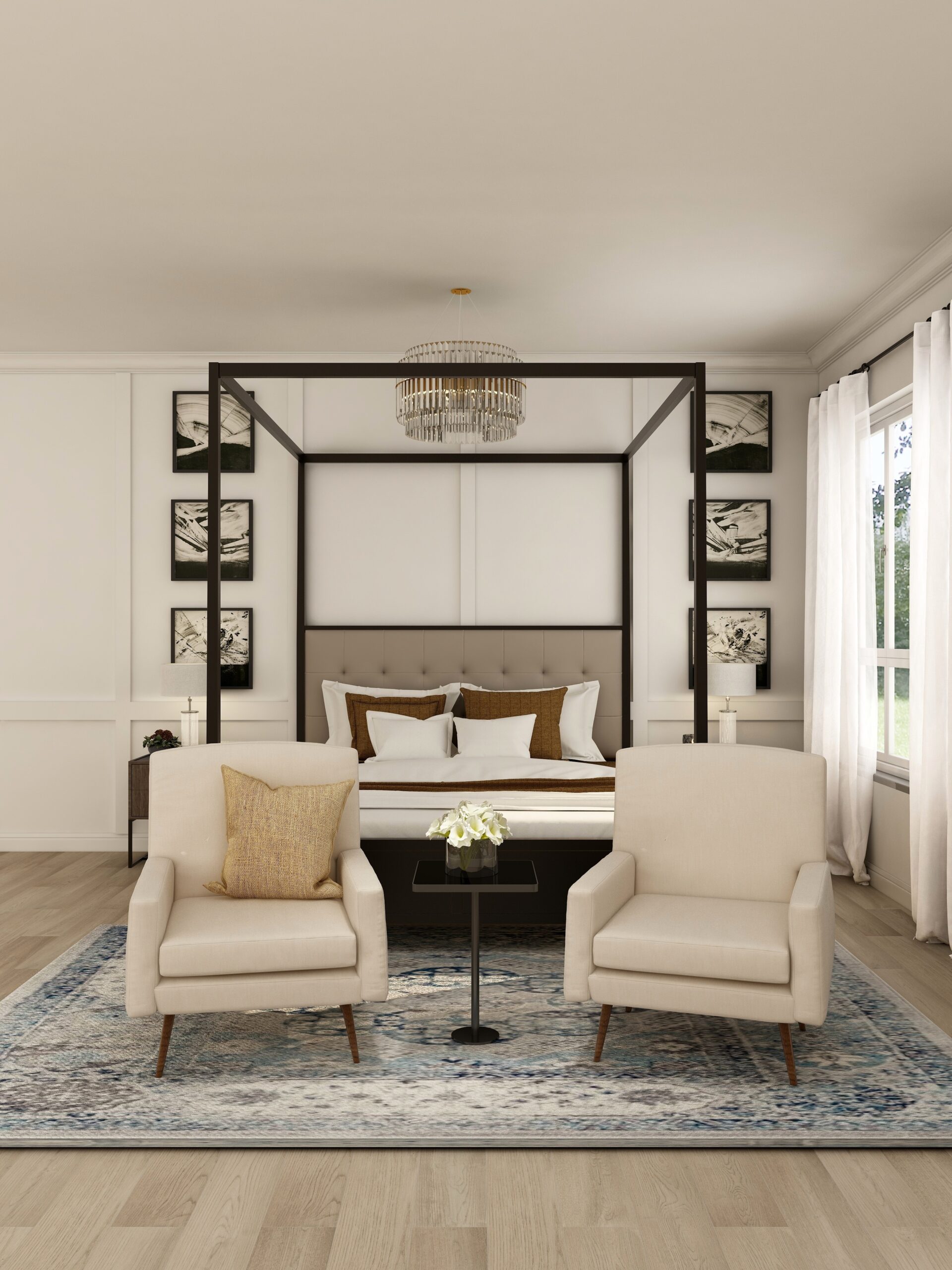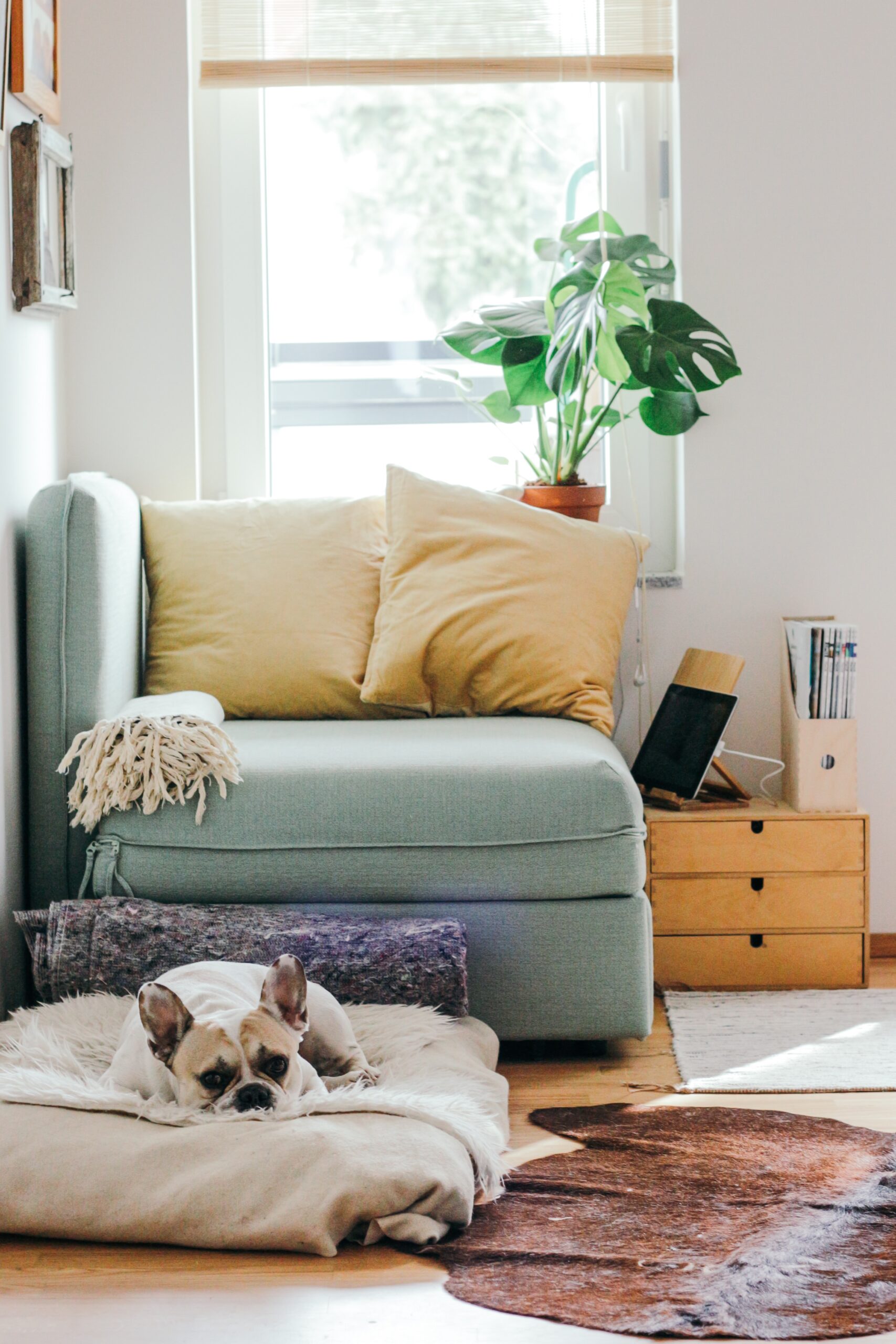Are you looking to transform your living space into a stylish and functional environment? Look no further than a skilled interior design consultant in Gurgaon. With their expertise and creativity, they can help you achieve the perfect balance between aesthetics and functionality.
Interior design is not just about choosing the right colors and furniture. It involves a deep understanding of space planning, lighting, materials, and textures. A skilled interior design consultant in Gurgaon possesses all these qualities and more, making them the ideal partner for your design project.
One of the key benefits of hiring an interior design consultant is their ability to bring your vision to life. They will work closely with you to understand your preferences, lifestyle, and budget. Based on your inputs, they will create a customized design plan that reflects your unique style and meets your specific requirements.
Another advantage of working with a skilled interior design consultant in Gurgaon is their access to a vast network of suppliers and vendors. They can source high-quality materials, furniture, and accessories at competitive prices, saving you time and effort.
Furthermore, an interior design consultant can help you make informed decisions by providing expert advice on various design elements. Whether it’s selecting the right flooring, choosing the perfect lighting fixtures, or deciding on the ideal color palette, their knowledge and experience will guide you towards making the best choices for your space.
In conclusion, if you’re in Gurgaon and in need of a skilled interior design consultant, look no further. With their expertise, creativity, and attention to detail, they will transform your living space into a beautiful and functional environment that suits your lifestyle and preferences.
An interior design consultant is a professional who provides expertise and advice on various aspects of interior design to help clients create functional, aesthetically pleasing, and personalized spaces. Interior design consultants typically work closely with clients to understand their needs, preferences, and budget constraints, offering guidance and solutions to achieve the desired design outcomes. Here are some key aspects of the role of an interior design consultant:
- Consultation and Needs Assessment:
- Conduct initial consultations with clients to understand their goals, lifestyle, and design preferences.
- Assess the functional requirements of the space and any specific challenges or limitations.
- Design Concept Development:
- Create design concepts and proposals based on the client’s preferences, incorporating principles of design such as color theory, spatial planning, and aesthetics.
- Present mood boards, sketches, or digital renderings to help clients visualize the proposed design.
- Space Planning:
- Develop efficient and functional floor plans to optimize the use of space.
- Consider furniture arrangement, traffic flow, and the overall layout to enhance the functionality of the space.
- Color and Material Selection:
- Advise on suitable color palettes, finishes, and materials that align with the client’s style and preferences.
- Provide recommendations on paint colors, flooring, fabrics, and other design elements.
- Furniture and Decor Selection:
- Assist clients in selecting furniture, lighting fixtures, decor items, and accessories that complement the overall design.
- Consider factors such as scale, proportion, and style coherence.
- Customization and Personalization:
- Explore opportunities for custom-designed elements that add a unique touch to the space.
- Incorporate personalized elements that reflect the client’s identity and lifestyle.
- Budgeting and Cost Estimation:
- Work with clients to establish a realistic budget for the project.
- Provide cost estimates for materials, furnishings, and any other design-related expenses.
- Project Management:
- Coordinate with contractors, vendors, and other professionals involved in the project.
- Oversee the implementation of the design plan, ensuring that it aligns with the approved concept.
- Problem-Solving:
- Address any challenges or issues that may arise during the design process.
- Propose creative solutions to overcome obstacles and achieve the desired design objectives.
- Stay Informed about Trends and Innovations:
- Keep abreast of current design trends, materials, and technologies.
- Integrate innovative and sustainable design practices into projects when appropriate.
- Client Communication:
- Maintain open and effective communication with clients throughout the design process.
- Provide regular updates, seek feedback, and ensure that the client’s vision is realized.
- Continuing Education:
- Stay informed about changes and advancements in the field of interior design through ongoing education and professional development.
- Ethical Considerations:
- Adhere to ethical standards and professional conduct in all interactions with clients, vendors, and other stakeholders.
Interior design consultants may specialize in residential, commercial, or hospitality design, and they may work independently or as part of a design firm. Their role is to guide clients through the design process, offering expertise and creative solutions to transform spaces into functional, aesthetically pleasing environments.
A home decor consultant is a professional who specializes in providing guidance and expertise on enhancing the aesthetic appeal and functionality of residential spaces. These consultants work closely with clients to understand their personal style, preferences, and requirements, offering recommendations and solutions to create well-designed and personalized homes. Here are key aspects of the role of a home decor consultant:
- Client Consultation:
- Conduct initial consultations with clients to understand their lifestyle, tastes, and specific needs.
- Discuss preferences related to colors, styles, themes, and any existing furniture or decor that the client wants to incorporate into the design.
- Style Assessment:
- Assess the client’s preferred design style, whether it’s contemporary, traditional, eclectic, modern, or a blend of styles.
- Identify key elements that resonate with the client’s aesthetic preferences.
- Space Analysis:
- Analyze the layout and architectural features of the home to determine design possibilities.
- Consider factors such as natural light, room proportions, and spatial flow.
- Color Scheme and Palette Selection:
- Recommend a cohesive and harmonious color scheme based on the client’s preferences and the desired atmosphere for each room.
- Provide guidance on paint colors, wall coverings, and other color-related elements.
- Furniture and Decor Recommendations:
- Suggest suitable furniture pieces, decor items, and accessories that align with the client’s style.
- Consider the scale, proportion, and functionality of furniture to ensure a balanced and well-designed space.
- Customization and Personalization:
- Explore opportunities for custom-designed or personalized elements, such as custom furniture, bespoke decor items, or commissioned artwork.
- Integrate sentimental items or family heirlooms into the design.
- Spatial Planning:
- Develop efficient and aesthetically pleasing room layouts that maximize the functionality of each space.
- Consider traffic flow, focal points, and the purpose of each room.
- Textiles and Fabrics:
- Provide recommendations for textiles and fabrics, including upholstery, curtains, rugs, and bedding.
- Consider the tactile and visual impact of different materials on the overall design.
- Lighting Design:
- Offer suggestions for lighting fixtures that enhance the ambiance of each room.
- Consider both natural and artificial lighting to create a well-lit and inviting environment.
- Wall Treatments:
- Recommend wall treatments such as wallpaper, paint finishes, or textured wall coverings.
- Explore accent wall possibilities and artwork placement.
- Budgeting and Cost Estimation:
- Work with clients to establish a realistic budget for the home decor project.
- Provide cost estimates for recommended decor items, furnishings, and any additional design-related expenses.
- Styling and Arrangement:
- Guide clients on arranging decor items, artwork, and furniture to achieve a visually appealing and balanced look.
- Suggest creative solutions for displaying collections or creating curated vignettes.
- Keep Abreast of Trends:
- Stay informed about current design trends, materials, and styles to provide clients with fresh and up-to-date recommendations.
- Project Management:
- Oversee the implementation of the decor plan, coordinating with vendors, contractors, and other professionals as needed.
- Ensure that the final design aligns with the client’s vision and expectations.
- Communication and Collaboration:
- Maintain clear and open communication with clients throughout the design process.
- Collaborate with clients to achieve a design that reflects their personality and preferences.
Home decor consultants may work independently or as part of a design firm, providing valuable expertise to clients seeking to enhance the aesthetic appeal of their homes. Their role is to guide clients in making informed decisions about decor choices, ultimately creating spaces that are beautiful, functional, and reflective of the client’s individual style.





